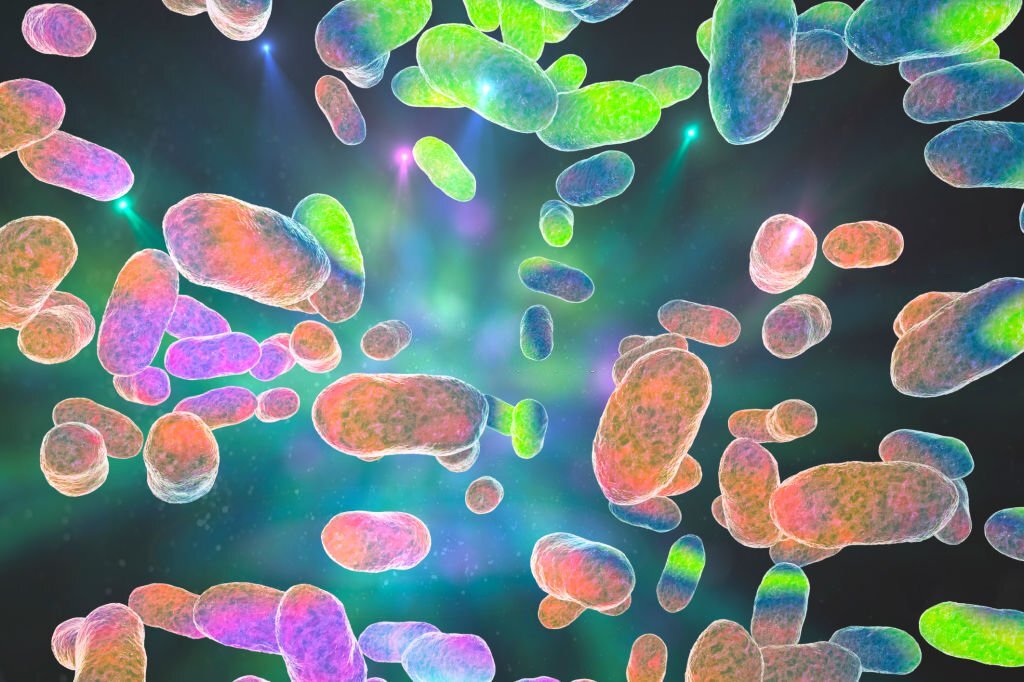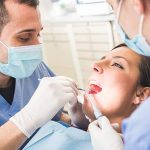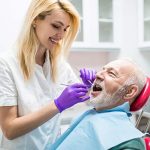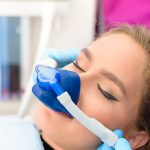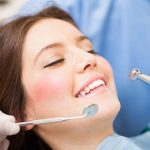Dealing With Dental Infection
Once a tooth has been extracted, bacteria will still live in the mouth, even more so in those who have bad oral health. A dental infection is very typical following extractions. Depending on how bad the tooth that the dentist got rid of, he might prescribe you some antibiotics to take that will considerably lower your danger of getting an infection. Sometimes though, even antibiotics can’t prevent a dental infection.
If you go to the dentist before the extraction and experience swelling of the face, swollen gums, discomfort in your teeth under light pressure, or bleeding around the extraction site, then you might already have a dental infection. If you certainly have an infection prior to your getting the tooth treated, the dentist will prescribe you antibiotics to use following treatment. If you have an actually bad abscess, you’ll need to use antibiotics to deal with the infection prior to the dentist will eliminate the tooth.
Dental Infection After Extraction
In many cases, people establish a dental infection after the extraction, even though they might not have actually been contaminated beforehand. The factor for this is bacteria. Following an extraction, bacteria will be more alive in the mouth than ever before. With the extraction website being exposed, the bacteria will have the ability to enter the site. This can lead to a dental infection due to the site being exposed and the fact that you are unable to use mouthwash or brush during the first 24 – 48 hours. Not being able to sterilize your mouth means that you are unable to eliminate the bacteria responsible for bacteria.

After extractions, the very first sign of dental infection is renewed bleeding. This generally takes place around 48 hours after the extraction. Although it typically isn’t severe, you ought to still call your dentist and make a visit to be seen. Your dentist will have the ability to stop the bleeding and offer you some prescription antibiotics and other prescriptions that will repair the issue.
The Use of Prescription Antibiotics
Some dentists choose to give clients prescription antibiotics prior to they will do any kind of extraction. Although you might not have an abscess, a lot of dental experts choose to get rid of the dental infection before they begin doing their work. They do this since they know the local anesthesia won’t work all that well with infections, and it may take them a great deal of work and a lot of medication to numb the location in which you have the infection.
On the occasion that the tooth needs to be removed and the dentist simply cannot wait a few days, it is possible to get you numbed. Although it will take a fair bit of medication to numb the location, it can be done. Often, dental experts will choose to utilize an IV sedation or laughing gas, in case regional numbing doesn’t help. An IV sedation will usually put you to sleep or knock you out so that the dentist can get rid of the tooth that is triggering so many problems.
Conclusion
Even though a dental infection can trigger a lot of discomforts and require to be dealt with instantly, you might not have to take prescription antibiotics as soon as the dentist has actually extracted the tooth. If your mouth is clean and you do not have a lot of bacteria, you can typically heal the wound by taking good care of it. Rinsing your mouth out with salt water for the very first couple of days will keep the extraction site tidy. As long as you take care of the extraction site and do what your dentist tells you, you should not have any additional problems with the extraction site or the dental infection.

